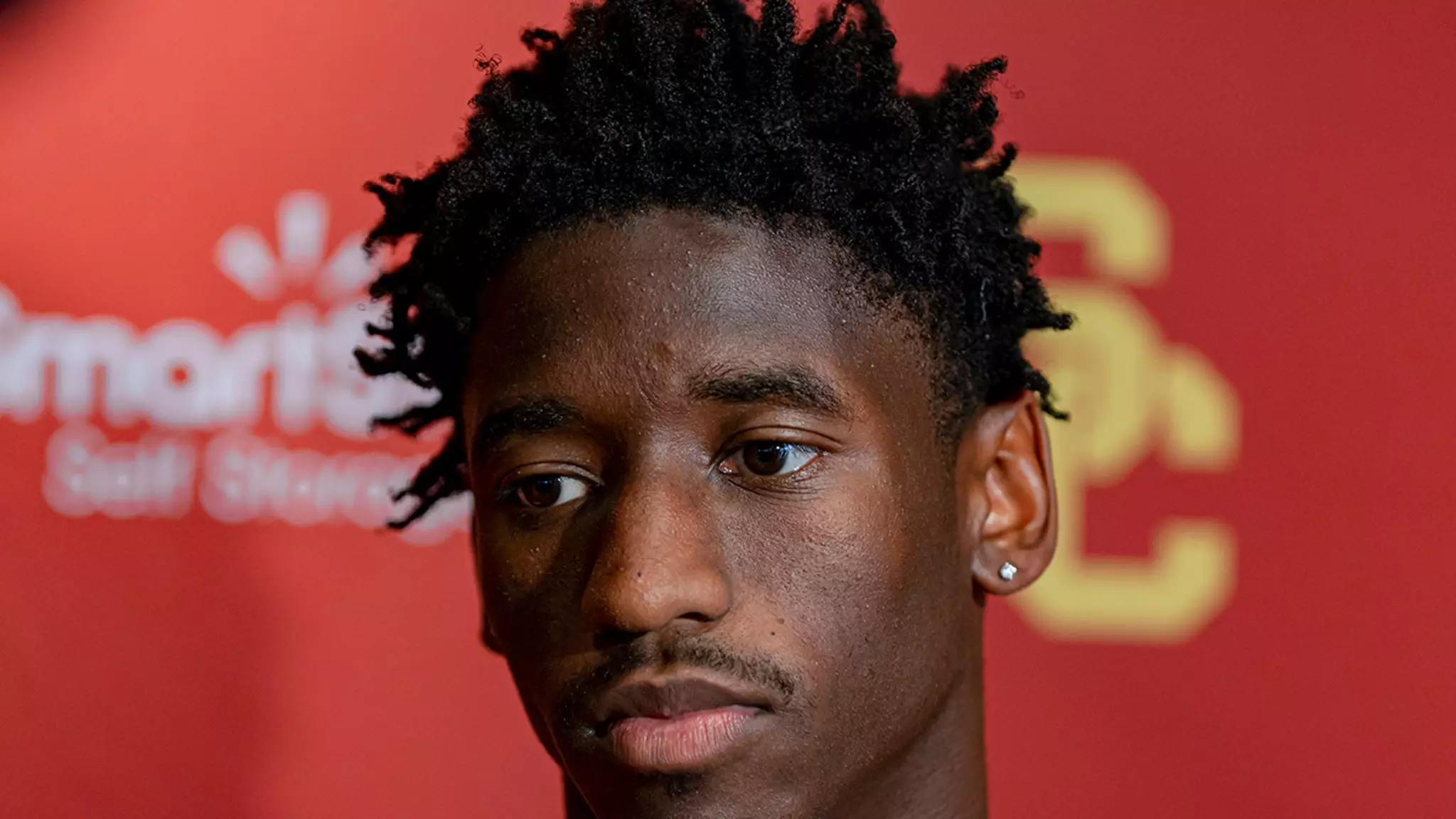The recent legal development involving NFL star Jordan Addison underscores a critical truth: even rising sports figures are not immune to the repercussions of their choices. Addison, a promising wide receiver for the Minnesota Vikings, faced a DUI charge but opted to settle through a no contest plea, resulting in probation, fines, and mandated educational programs. While some may interpret this as a minor legal hiccup, it reveals a broader issue of personal responsibility among high-profile athletes. Their public status often amplifies their mistakes, demanding more from them in terms of accountability and maturity.
What stands out is Addison’s decision to accept responsibility by entering a “wet reckless” plea, a lesser charge than DUI. This choice demonstrates a recognition of wrongdoing and a willingness to face consequences—traits that should be celebrated rather than overshadowed by the incident. Yet, it also signals the need for athletes to adopt proactive measures to prevent such situations rather than merely reacting once they occur. A true leader recognizes that their personal actions not only affect their careers but also serve as a precedent for fans and aspiring players.
Impact Beyond the Court: A Lesson in Self-Reflection
Addison’s case becomes a case study in how athletes can leverage their mistakes for growth. His voluntary participation in Mothers Against Drunk Driving (MADD) events and programs suggests a genuine internal reflection and a commitment to change. Such actions reflect the importance of humility and the desire to turn a negative experience into a catalyst for positive influence. These efforts can mitigate some damage caused by legal missteps, positioning athletes as role models who learn from adversity.
However, it’s crucial to assess whether such measures are merely superficial or genuinely transformative. Formal education courses and fines are steps in the right direction, but they don’t automatically instill deeper behavioral change. Athletes of Addison’s caliber, with their influence and visibility, must go beyond compliance and actively demonstrate responsible decision-making. That means not only avoiding alcohol-related incidents but also promoting awareness and setting a strong example for their communities.
The Intersection of Personal Choices and Professional Success
While Addison’s legal matter appears to be settled, the broader implications remain. The NFL’s disciplinary policies might impose further sanctions, which could impact his on-field performance and career trajectory. This incident highlights how personal misjudgments can ripple into professional realms, emphasizing that athletic success depends on consistent integrity and sound judgment.
Furthermore, Addison’s situation underscores a vital lesson: talent alone is insufficient to sustain longevity in professional sports. A player’s reputation, work ethic, and personal conduct form the foundation for lasting success. As young athletes ascend the ranks, they must internalize the importance of responsible living—understanding that their actions resonate far beyond the locker room.
Ultimately, Jordan Addison’s DUI case serves as a potent reminder: success in sports is as much about character as it is about skill. Athletes must embrace the full spectrum of responsibility, knowing that their choices define their legacy—both on and off the field.

